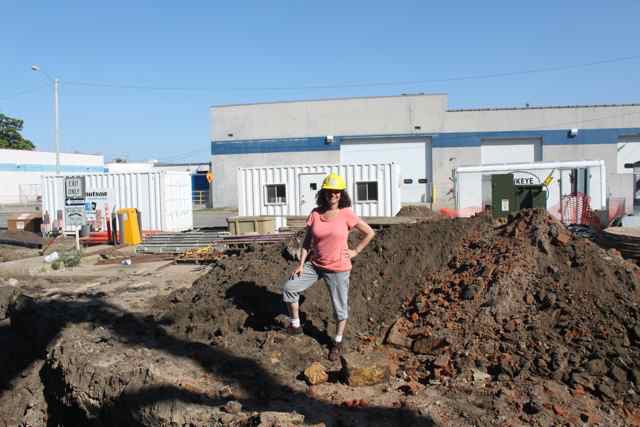We offer the following services in Archaeology:
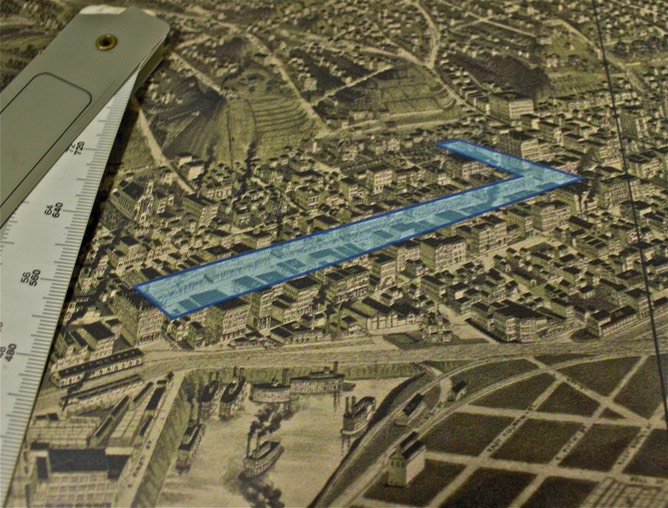
Phase IA Archaeological Resource Assessments
Phase IA research involves background research to determine whether archaeological field investigations are warranted to fulfill compliance requirements. This research includes examination of information from a variety of resources, such as state archaeological site file data, historic maps, topographic maps, soil surveys, geology and geomorphology studies, investigation of archival records, and histories documenting the people and events important to an area. An on-site field check may also be undertaken to observe and record possible disturbances and landforms that affect the potential for the preservation of archaeological sites.
Results from Phase IA research are compiled into a concise report that includes full project recommendations on whether or not additional fieldwork will be necessary for each portion of a project area.
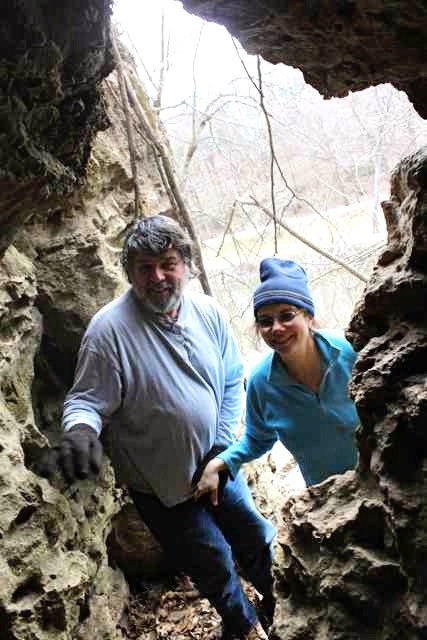
Intensive Phase I Archaeological Surveys
A Phase I Intensive Archaeological Survey generally includes surface reconnaissance/pedestrian survey and excavation of subsurface tests (shovel or large auger tests) within the project area to determine whether any cultural resources, including both historic and prehistoric archaeological sites, are present. In many cases, no archaeological sites are found, and therefore no further archaeological research is necessary prior to construction.
In the event that an archaeological site is found within the project area, a preliminary evaluation is completed to determine whether the site is potentially eligible for the National Register of Historic Places. At this initial stage, the main goals of the investigation are to gain an idea of the types of artifacts present, the spatial dimensions of the site, and the depths and stratigraphic context of any archaeological materials, as well as a preliminary understanding of the integrity (or extent of disturbance) of the deposits. Based on this information, recommendations are made on whether or not a site is potentially eligible for listing on the National Register and whether or not additional investigation is necessary.
Phase II Archaeological Site Evaluations
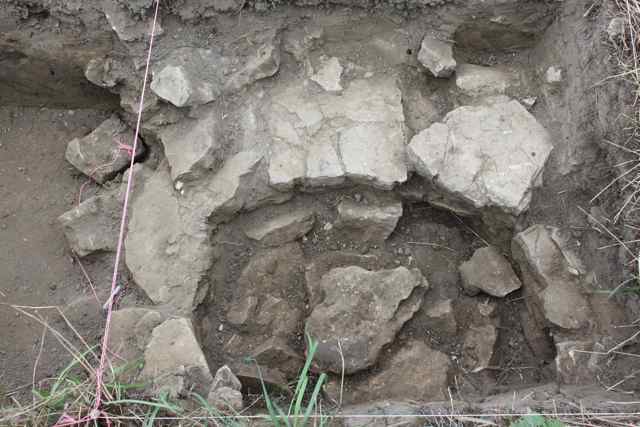
When a site is initially recorded during a Phase I survey, there may be reason to believe that the site could be important. Phase II testing may then be necessary to further evaluate the archaeological site's significance and eligibility for the National Register of Historic Places.
Phase II testing usually includes a research program that involves the excavation of small test unit excavations (often 1 meter by 1 meter in size) across the site area. These test unit excavations help archaeologists determine stratigraphy, check for the presence of subsurface features and artifacts, and recover a larger sample of artifacts from the site. After completing the test excavations, artifacts are returned to the lab where they are cleaned and analyzed. Artifacts are returned to the landowner if desired at the completion of the project.
A report is prepared detailing and describing the methods used, investigation, and results. In addition, Wapsi Valley Archaeology, Inc.'s reports always contain clear recommendations outlining whether or not further action will be needed.
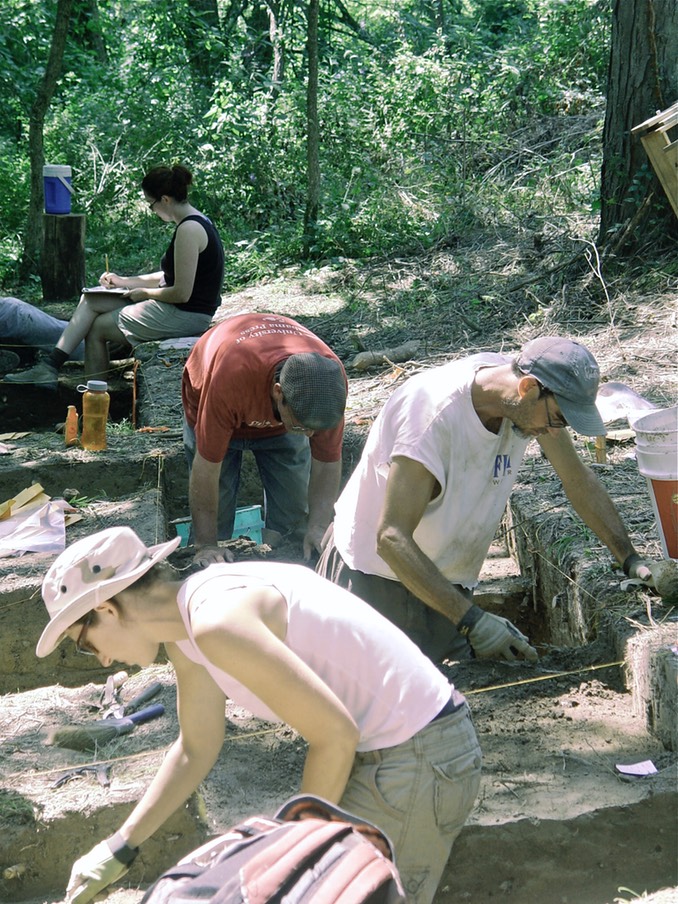
Phase III Archaeological Data Recovery Excavations
In some cases, large-scale archaeological excavations (a full-blown archaeological “dig”) may be required to recover information about a site before it is destroyed by construction activities. In this case, a site has been determined to be eligible for the National Register of Historic Places under a set of specific criteria developed by the National Park Service. Prior to beginning the field program, a research design outlining a data recovery plan will have been prepared by the consulting archaeologist and accepted by the State Historic Preservation Office and the involved federal agencies. This research design would be included in a Memorandum of Agreement (MOA) and signed by all of the involved organizations.
Phase III research projects involve a great deal of expertise, labor, analysis, and documentation. A thorough report of the investigations is produced detailing all the information retrieved through excavations and historical research. This resulting report is a thorough, scientific discussion of the investigation within the context of current knowledge in the field of archaeology. Wapsi Valley Archaeology, Inc.'s professional staff is experienced and professionally qualified for completing Phase III projects.

Resource Documentation and Publication
Wapsi Valley Archaeology, Inc. completes historic documentation and research publications for mitigation of adverse effects to cultural resources. Documentation projects are undertaken prior to disturbance or removal of significant properties. We may develop informative publications about historic and prehistoric resources to tell the story of a region’s history. Each publication has a distinct theme and is illustrated with historic and modern photographs, maps, and other graphics. The books help fulfill mitigation requirements and can also be used as marketing and economic development tools.
Archaeological Monitoring and Recordation
A Secretary of the Interior–Qualified Professional Archaeologist is present during construction or demolition to ensure that significant archaeological resources are not harmed by a project. During this process, if archaeological deposits are observed during mechanical excavations by heavy equipment, the Archaeologist will examine and document the remains, and provide an evaluation of resources if appropriate. Wapsi Valley Archaeology, Inc. will provide recommendations for avoidance of resources.
